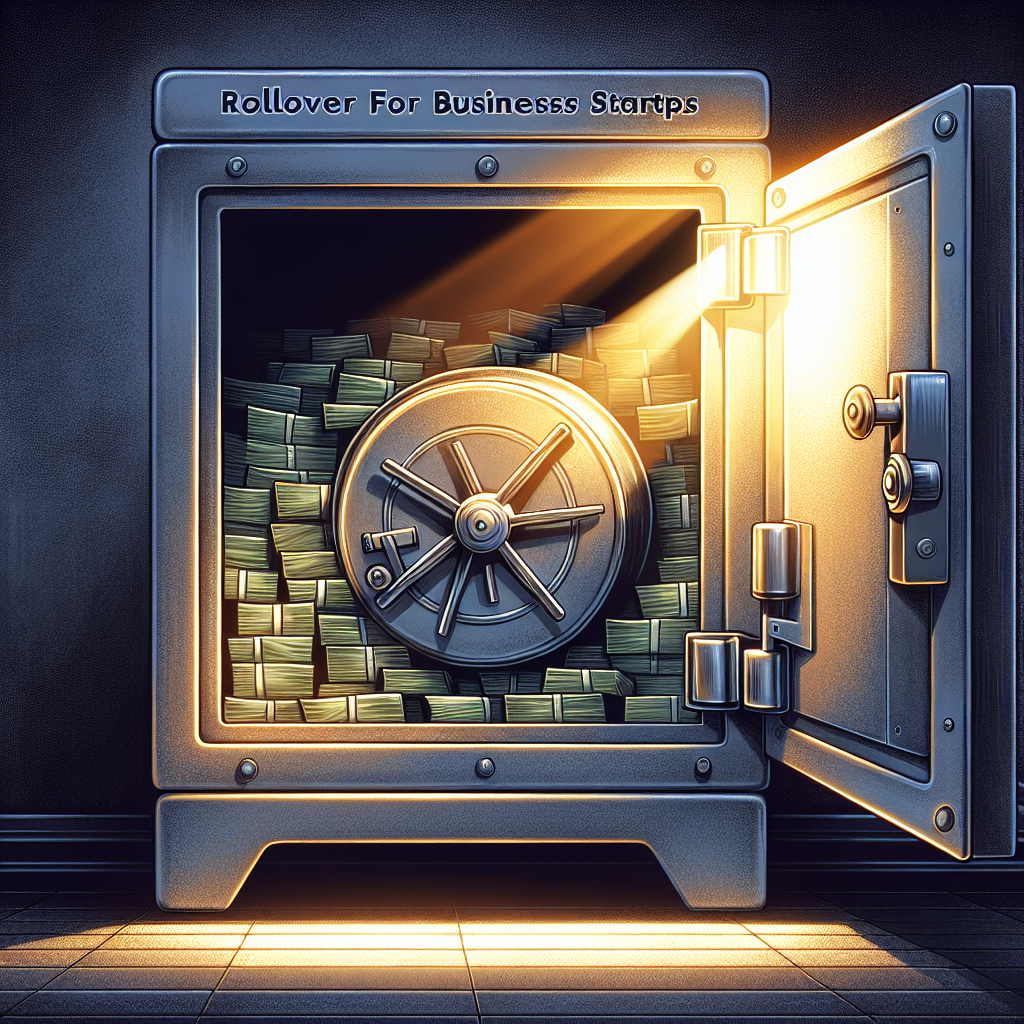Key Insights at a Glance
- Personal loans can cover business expenses if your loan agreement doesn’t explicitly bar such use.
- Easier to qualify for than business loans, personal loans don’t hinge on your years in business or company revenue.
- Business loans typically offer bigger borrowing limits and friendlier interest rates.
Though traditionally earmarked for personal expenditures, some lenders permit personal loans to shoulder business costs. This loophole often appeals to fledgling startups and small enterprises that haven’t cleared the hurdles of traditional business lending.
Before diving in, grasp the caveats and constraints of leveraging personal loans for your company—think smaller borrowing caps and potential hits to your personal credit standing. Vet your lender’s fine print closely and weigh other funding avenues such as SBA loans, online business lenders, specialized business credit cards, and even crowdfunding.
Is it Possible to Use a Personal Loan for Business Ventures?
In certain scenarios, yes—you can tap into a personal loan to kick off your business or cover company expenses. That said, not every personal loan provider is on board with business-related spending.
The crux lies in your loan contract: if it explicitly permits business expenditures or at least doesn’t forbid them, you’re in the clear. To steer clear of headaches, inquire upfront about any business-use restrictions before submitting your application.
Many entrepreneurs lean toward personal loans because their approval journey is generally swifter and less cumbersome than business loans. Lenders typically check your creditworthiness and income, asking for minimal paperwork—often just a handful of pay stubs and ID are enough.
Business Loan vs. Personal Loan: What’s the Real Deal?
A business loan is crafted specifically for corporate purchases, whether that’s day-to-day operational costs or snagging specialized equipment.
Meanwhile, personal loans are hooked to your individual finances and can fund virtually anything, often debt consolidation, but beware: missed payments risk your personal assets being on the chopping block.
Quick Comparison Table
| Permitted Uses | Equipment, real estate, working capital, and more | Mostly flexible; some prohibit paying off student loans |
| Time in Business | 6 months to 2 years minimum | Not necessary |
| Revenue Requirements | $100,000 to $200,000 annually | Income shown via personal pay stubs |
| Collateral | Usually required for lower credit or revenue | Varies; can be secured or unsecured |
| Documentation | Balance sheet, business plan, credit checks | Proof of income, personal credit history |
Understanding the Requirements: Business Loans vs. Personal Loans
Business loans come with a heftier checklist than personal loans, making the latter a tempting fallback if you don’t meet business-loan criteria.
Here’s a snapshot of what lenders focus on when deciding who gets the green light.
| Time in Business | 6 months to 2 years minimum | Not required | Business loans lean on sustained profitability records |
| Income | $100,000-$200,000 annual revenue | Verified via pay stubs | Loan approval tied to ability to repay |
| Loan Amounts | $5,000 up to $5 million | Typically capped $50,000-$100,000 | Limits set according to financial standing |
| Collateral | Often mandatory for riskier applicants | Varies; may be unsecured | Collateral lowers lender risk, possibly yielding better terms |
| Business Plan | Crucial for approval and proving profitability | Not necessary | Shows repayment capacity |
Credit Score Matters
The FICO score hurdle is somewhat similar for both loan types, with personal loans often asking for a baseline of 610. However, sub-600 scores might still snag personal loans from some lenders. For business loans, the bar typically sits in the 600s, although the higher your score—ideally north of 700—the better your chances and rates.
Online lenders tend to be more forgiving on credit scores compared to brick-and-mortar banks and credit unions.
While personal loans hinge predominantly on your individual credit, business loans weigh both personal and business credit scores. Startups or companies without an established credit history might find personal loans insufficient in covering their needs.
Business loans usually boast lower interest rates, trimming down borrowing costs substantially.
Pros and Cons of Using Personal Loans for Business
Upsides
- Simplicity: Easier qualification requirements than business loans.
- Flexible repayment: Terms generally span 2 to 10 years.
Drawbacks
- Higher interest rates: Personal loans often come with steeper costs than business loans.
- Lower borrowing caps: Usually max out around $100,000, contrasted with business loans that can hit millions.
- No boost to business credit: Timely payments won’t enhance your business credit profile.
- Personal credit at stake: Missed payments ding your personal credit score, potentially jeopardizing other personal financing.
How to Secure a Personal Loan for Your Business
Applying for a personal loan is often less daunting than navigating business loan requirements.
- Check your credit score: Understand how it influences loan terms; consider boosting it or applying with a co-signer if it’s on the low side.
- Prequalify: Get rate estimates without hard credit checks. Shop around to find the best deals.
- Apply: Choose your lender, submit the necessary documents confirming identity and income.
- Seal the deal: Carefully read and sign your loan agreement before receiving funds.
Other Financing Routes to Explore
Business Loans
Business loans can fund all sorts of needs—equipment, property, inventory. Some online lenders offer accessible terms, sometimes catering to those with less-than-perfect credit. For example, certain lenders extend business loans between $10,000 and $500,000, with minimum personal credit score requirements as low as 600. Strong credit always nets better rates.
Business Credit Cards
These provide revolving credit for business expenses but beware: failing to keep up payments might place your personal assets on the line.
Crowdfunding
Tap into crowdsourced capital through platforms like Kickstarter or Indiegogo without traditional credit hurdles. Four popular types exist: donation, debt, equity, and reward-based. Donations and rewards allow fundraising without repayment or equity loss, but the amount raised is uncertain and platform fees may apply.
Equipment Financing
Acquire machinery, tools, or vehicles without heavy upfront costs. Typically secured by the equipment itself, these loans carry lower interest rates. Amounts range from $5,000 to over $500,000 with loan terms from one to five years. A down payment between 10-20% might be required.
SBA Loans
Ideal for real estate and equipment, SBA loans can also cover smaller needs under $50,000.
Business Lines of Credit
These flexible credit lines allow borrowing, repaying, and borrowing again up to a set limit—perfect for short-term cash flow needs. Interest is charged only on the amount drawn, not the full credit limit.
Working Capital Loans
Support day-to-day operations, especially during seasonal swings. Though often offering quick access to funds — sometimes exceeding $1 million — they usually come with higher interest rates and shorter repayment spans (typically two years or less).
Many alternative loan options, mostly from online lenders, can close deals within days and may present less stringent criteria than traditional banks.
Wrapping It Up
Ideally, a business loan best handles your company’s financial needs due to tailored terms and lower interest. But since not every business qualifies, personal loans serve as a viable fallback, thanks to easier approval hoops. Keep in mind their trade-offs—smaller loan sizes and steeper rates. Always explore the spectrum of business funding before settling on a personal loan as your financial lifeline.
Frequently Asked Questions
Is a business loan the same thing as a personal loan?
No. Business loans are designed strictly for company-related expenditures like equipment or commercial property, whereas personal loans commonly fund consumer needs such as debt payoff or home improvements.
How can I get a personal loan for business ventures?
Explore multiple personal loan products, prequalify to check available terms without hurting your credit, and verify that your lender allows business-related use of funds. Once you pick a lender, apply with all required documentation and complete the approval process.
Are there limits on what personal loans can be used for?
Yes. Depending on the lender, restrictions may apply, particularly barring business use. These stipulations are typically detailed in the loan agreement.

